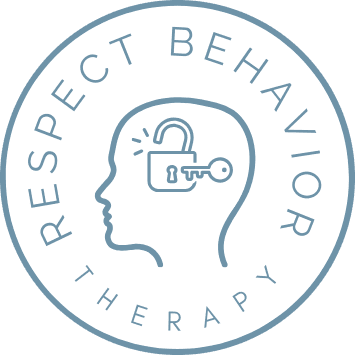The Impact of Early Intervention: A Triumph Tale of a Child with Autism

Applied Behavior Analysis (ABA) therapy is a proven and evidence-backed method for treating individuals with Autism Spectrum Disorder (ASD). By teaching and reinforcing positive behaviors while reducing problematic ones, ABA therapy has demonstrated significant improvements in the social, communication, and daily living skills of many children with ASD. In this blog post, we delve into an inspiring success story, demonstrating the transformative power of ABA therapy for a child with autism.
Jack, a five-year-old boy, received an ASD diagnosis at the tender age of two. Struggling with communication, making eye contact, and engaging in play with peers, Jack also exhibited repetitive behaviors and faced sensory processing challenges. His parents, understandably concerned about his development, sought advice from a pediatrician who suggested ABA therapy as a potential solution.
Following an initial evaluation, Jack's ABA therapist crafted a customized treatment plan tailored to his specific needs. The therapist employed an array of techniques, including prompting, shaping, and reinforcement, to instill new skills and behaviors in Jack. For instance, positive reinforcement was used to incentivize Jack to make eye contact and engage in peer play. Additionally, visual aids were utilized to help Jack grasp and follow routines.
Over several months, Jack's progress was nothing short of remarkable. He became adept at communicating his needs and wants, interacting with his peers, and independently following routines. His parents also observed significant positive changes in his behavior at home, such as a decrease in repetitive behaviors and an uptick in social interactions.
One particularly noteworthy improvement was Jack's newfound ability to transition between activities without resistance or distress. Prior to therapy, transitions were a significant stressor for Jack, often resulting in disruptive behavior. However, with the guidance of his therapist, Jack learned to use a visual schedule and countdown timer to prepare for transitions. He also developed self-regulation skills, like taking deep breaths and counting to ten.
Jack's journey is just one testament to the transformative potential of ABA therapy in the lives of children with ASD and their families. While each child is unique and their progress may differ, ABA therapy has consistently demonstrated its efficacy as an evidence-based treatment approach for individuals with ASD. It equips children with the necessary skills and tools to effectively communicate, manage their behaviors, and lead fulfilling lives.
